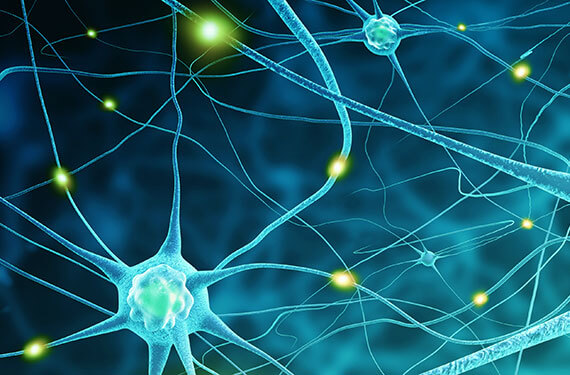This website uses cookies so that we can provide you with the best user experience possible. Cookie information is stored in your browser and performs functions such as recognising you when you return to our website and helping our team to understand which sections of the website you find most interesting and useful.
The Science of Success









I believe in science.
As someone who completed a PhD at one of the world's top-ranked research universities, I know that rigorous research practices are designed to keep us from being mislead or manipulated. The ethical standards for academic research are incredibly high, to protect against the forces of favoritism, politics, and popularity. That is why I look to scientists and research centers who follow the right protocols to ensure that their studies are reliable and valid. Here are some that I follow:
Center for Investigating Healthy Minds (University of Wisconsin)
Neuroscience Research Center (University of Texas)
Greater Good Science Center (University of California, Berkeley)
Kavli Institute for Systems Neuroscience
National Science Foundation
American Mindfulness Research Association
I go to the source
Every day, we receive posts and articles that quote this study or that researcher. But you have to be careful in these days of fake news--just because it's on the internet or printed in paper does not make it true or valid. Whenever I use research in my work, I go the source article--the original multi-page research study--rather than rely on the person who has condensed it down to a 1-2 paragraph summary. I read it myself and draw my own conclusions from the data before I pass it on to you.


